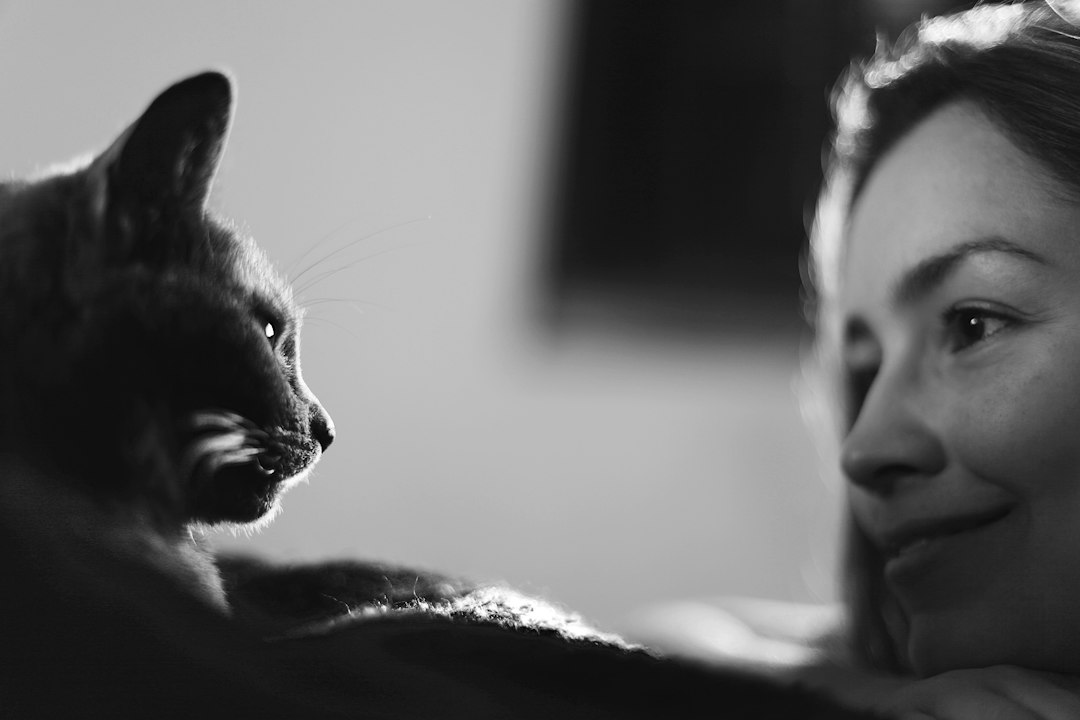The Positive Impact of Pets in Assisted Living Facilities
Assisted living facilities provide a supportive housing environment for individuals who require assistance with daily activities and healthcare. These facilities are known for their commitment to improving the quality of life for seniors, but one aspect that often goes unnoticed is the positive impact of pets in these spaces. Pets have proven to be instrumental in transforming the lives of the elderly residents in these facilities. From boosting morale to reducing stress levels, pets have become an important part of the assisted living experience.
Loneliness is a common problem among seniors, especially those residing in assisted living facilities. With children grown up and friends passing away, many elderly individuals find themselves feeling isolated and alone. This is where pets come in as lifesavers. The presence of a furry friend provides companionship that leads to reduced feelings of loneliness. Whether it’s a fluffy cat or a loyal dog, pets become constant companions, offering love, warmth, and affection. The unconditional love they offer creates an emotional bond that goes a long way in combating loneliness and enhancing the overall well-being of the residents.
Pets also have a remarkable ability to boost morale in assisted living facilities. Many seniors suffer from anxiety and depression due to the challenges that come with aging. Having a pet around provides a sense of purpose and responsibility. Pets need care, such as feeding, grooming, and exercise, which gives residents a reason to get up and moving. This increases their sense of self-worth and helps combat any feelings of worthlessness that may arise. Pets also provide a delightful distraction from the challenges and worries of daily life, creating moments of joy and laughter that lift spirits and improve morale.
Another positive impact pets have in assisted living facilities is their ability to reduce stress levels and promote relaxation. Spending time with a pet has been scientifically proven to lower blood pressure and relieve stress. The act of petting an animal releases endorphins, chemicals in the brain that produce feelings of pleasure and happiness. This simple act can aid in relaxation, reduce stress, and even alleviate physical pain. Residents who interact with a pet often find themselves feeling calmer and more at ease, fostering a positive and tranquil living environment.
Pets can also encourage socializing and create a sense of community within the assisted living facility. Oftentimes, residents form connections and bond over their shared love of animals. They gather together to walk dogs, share stories about their pets, and even organize events centered around animals. This social interaction is essential in preventing feelings of isolation and fostering a sense of belonging. Pets act as a common ground that brings people together, encouraging meaningful connections and reducing social isolation.
The presence of pets in assisted living facilities can also provide therapeutic benefits. Pet therapy has become increasingly popular in recent years due to its proven effectiveness in improving mental and emotional well-being. Having interactions with animals has shown to decrease symptoms of depression and anxiety, enhance cognitive function, and even improve overall physical health. Many assisted living facilities now integrate pet therapy programs to enhance the quality of care provided to their residents.
In conclusion, pets have a profound impact on the well-being of individuals residing in assisted living facilities. From mitigating loneliness and boosting morale to reducing stress levels and promoting socializing, the benefits of having a furry companion are undeniable. As these facilities continue to prioritize the overall happiness and health of their residents, the role of pets will only continue to grow in significance. The positive impact of pets in assisted living facilities is a testament to the transformative power of animals and their ability to enhance the lives of those in need.

